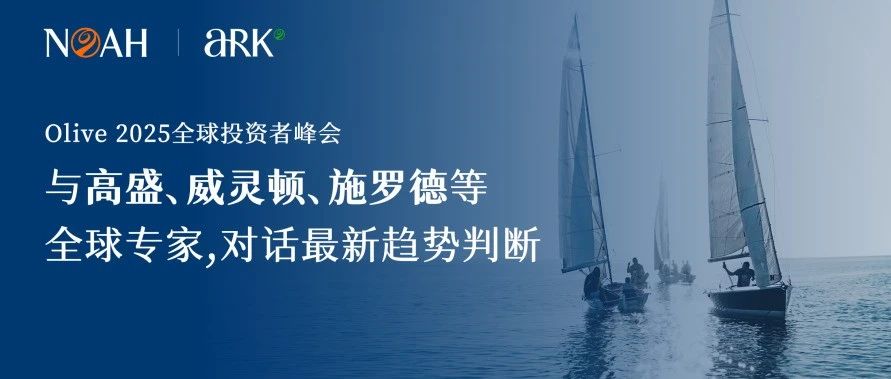
In the long cycle of global capital, every dramatic market reappraisal reshapes the logic of wealth.
Over the past decade, the primary market experienced an era of high-speed expansion, with capital chasing scale. Today, however, the primary market is shifting from "capital-driven growth" to "industrial value-driven growth," with funds increasingly flowing to top-tier managers with deep industry expertise and a global perspective. In the secondary market, a turning point in interest rates and liquidity has triggered a rapid repricing, where volatility is creating structural opportunities in technology, energy, and healthcare. The complementary nature of emerging market growth and mature market stability has made cross-border allocation a critical anchor for wealth preservation and appreciation.
The NOAH | ARK H2 2025 CIO Report points out that the era we are in is not a simple cycle of "high inflation" or "low inflation," but a more complex "dual-track structure". On one hand, geopolitical conflicts, deglobalization, aging populations, and the energy transition are creating structural inflationary pressures. On the other, a technological revolution is quietly triggering profound structural deflation.
The world of tomorrow will no longer be dominated by debt-fueled asset bubbles but by a new growth engine defined by "technological deflation" and efficiency dividends. Therefore, future asset allocation is not about simple "long/short" decisions. It will be about understanding and leveraging this parallel tension—hedging against inflation in the present while capturing deflationary dividends in the future.
We stand at a critical crossroads. A paradigm shift in the global economy, the repricing of assets, and the dual disruption of technology and geopolitics have accelerated the redistribution of industry and capital. In this environment of high uncertainty, what guiding principles should we embrace to navigate the cycle and see through the illusion?
Navigating the Cycle: The Need for New Cognition and a Sense of Direction
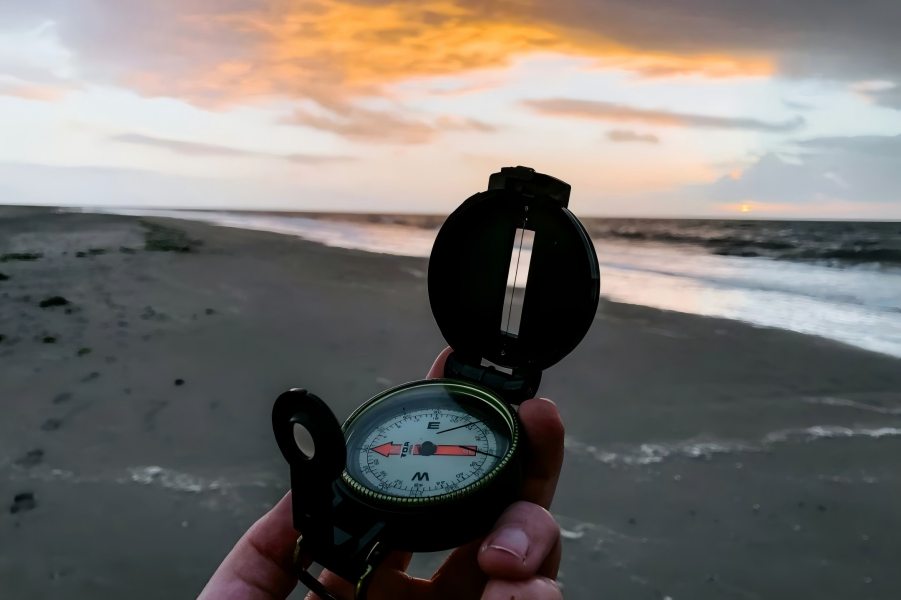
In transitional periods like this, the scarcest resource is not capital, but cognition and a sense of direction. As our latest CIO report states, true wealth lies not in the speed of returns, but in the direction of allocation.
From September 15–17, Noah ARK's Olive Asset Management will host the 2025 Global Investor Summit in Hong Kong, China. The summit will deliver firsthand insights by sharing cutting-edge perspectives, analyzing classic investment tools, uncovering undervalued opportunities, and facilitating dialogues with leading global institutional managers and sharing practical case studies.
We believe that establishing a deep dialogue with exceptional long-term managers is the best way to help investors chart a steady course through volatile market environments.
Noah ARK: A Long-Trusted Partner of Leading Global Institutions

For over two decades, Noah ARK has cultivated enduring partnerships with some of the world's leading asset management institutions. This enables us to bring world-class insights and strategic depth to every critical moment.
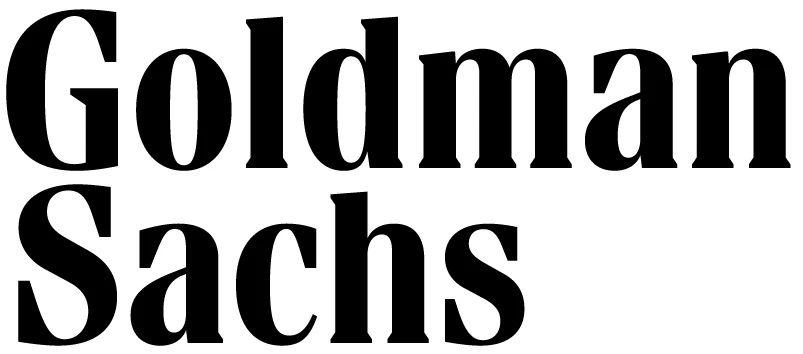
Goldman Sachs: Asia is at the Center of Global Growth
Kevin Sneader, President of Asia Pacific Ex-Japan (APEJ) at Goldman Sachs, stated at the Boao Forum for Asia that for the global economy, investor concerns about inflation outside the US are a thing of the past. The focus now is on economic growth. As such, once the tariff situation becomes clearer, investors may be more forgiving of interest rate cuts in most economies. Global inflation is expected to continue its decline, with developed economies returning to their inflation targets more quickly than emerging and developing ones. In the Asia-Pacific region, inflation is generally near or below central bank targets or historical ranges.
Regarding sensitivity to US Federal Reserve policy, central banks in emerging markets are managing and responding strategically. Although domestic fiscal policies, global policy developments, and monetary and credit supply trends affect their ability to address inflation and growth, the overall direction toward easing policy remains unchanged.
The NOAH | ARK H2 2025 CIO Report highlights that in Asia, the strong growth in the apartment and rental markets of Tokyo, Japan, and Singapore is a noteworthy market change amid US-China trade tensions. Furthermore, the increasing demand for tax planning among high-net-worth clients has led many to establish tax residency in low-tax countries or regions to benefit from favorable tax policies. Hong Kong and Singapore, for example, have become top choices for high-net-worth families due to their relatively friendly tax regimes and diverse pathways.

Wellington: AI is Breaking Traditional Tech Cycles, and Its Disruptive Potential is Still Being Underestimated
Although artificial intelligence (AI) dominates the headlines, Wellington believes its disruptive growth potential and attractive investment returns continue to be underestimated. At the same time, investors risk "repeating past mistakes" by expecting to capture opportunities through broad index investing, which makes it difficult to distinguish the disruptors from the disrupted.
While potential risks remain, AI is different from any previous technological paradigm shift in several ways:
·Hardware capable of accessing AI applications and services is already nearly ubiquitous globally.
·AI is developing at an unprecedented speed compared to past technological shifts.
·The scalability of AI technology far exceeds that of other technologies.
·Innovative companies are investing in AI on a massive scale.
This is important because the industry disruption caused by AI may create significant opportunities for active fund managers to generate alpha by investing in technology and other sectors—but the key is how to select them. Underestimating the speed and scale of this transformation could cause investors to miss out.
The NOAH | ARK H2 2025 CIO Report suggests that we are in a new cycle driven by technological revolution, similar to historical cycles often referred to as Kondratiev waves or industrial revolutions. As we face the fourth industrial revolution, we need to be cognitively prepared. Deflationary technologies like AI may suppress prices in the short term but will unleash a new cycle of wealth creation of a much larger magnitude. With this, the rules of wealth may be rewritten. In terms of investment strategy, traditional valuation models are likely to become obsolete, as they are primarily based on the value of fiat currency and physical assets. In the AI era, this measurement system may be redefined.
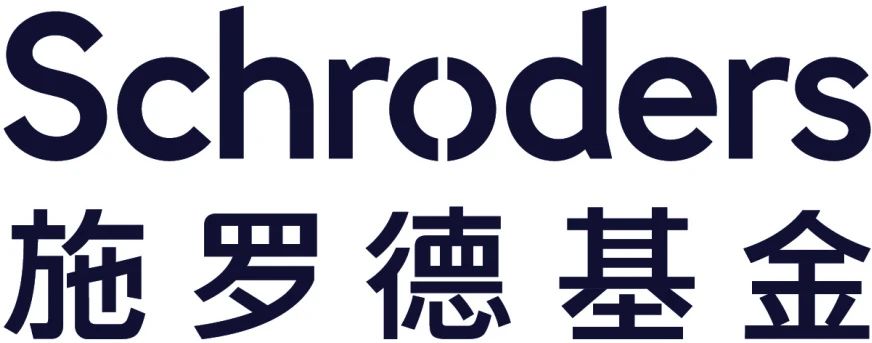
Schroders: Investors are Seeking to Enhance Portfolio Resilience and Proactively Position for the Future
The rise of passive investing has been a major theme in the investment industry for the past 25 years, and we are now at a critical turning point.
Today, investors are looking to enhance their portfolios' resilience. They are achieving this by diversifying across different geographies, investment styles, and asset classes.
Investors are increasingly looking for forward-thinking or contrarian investment strategies. For most of the last 20 years, macro factors (such as low interest rates, abundant liquidity, and American exceptionalism) drove up prices across asset classes. However, in today's environment of heightened market volatility, micro factors (such as the earnings resilience of individual companies) are becoming increasingly important. The need for proactive positioning has become more urgent.
So, what might happen next? One viable solution may be a value investing approach, which provides a margin of safety by holding assets that are undervalued by the market. Another could be thematic investing, which involves building portfolios around specific industries or development trends.
The NOAH | ARK H2 2025 CIO Report notes that the core of wealth management is to side with the right disruptors. Technological deflation is becoming the new logic for growth, while the "big and beautiful" model represents the continuation of debt and monetary expansion. These two forces, independent yet intertwined, form the dual underlying logic of the current macro investment environment. This signals that over the next three to five years, capital will be pulled by both the "gravitational force of technology-driven deflation" and the "upward thrust of policy-driven inflation." A comprehensive asset allocation strategy must capture opportunities in both directions.
At the same time, digital assets, represented by virtual currencies, are breaking through from "alternative assets" to the mainstream with unprecedented momentum, becoming an indispensable part of future-oriented investment portfolios.
Thanks to the long-term trust of leading global institutions, Noah ARK has built a global wealth and asset management ecosystem that spans geographies, asset classes, and differentiated strategies to better serve global Chinese wealth managers. Our partners include:
Overseas Primary Market
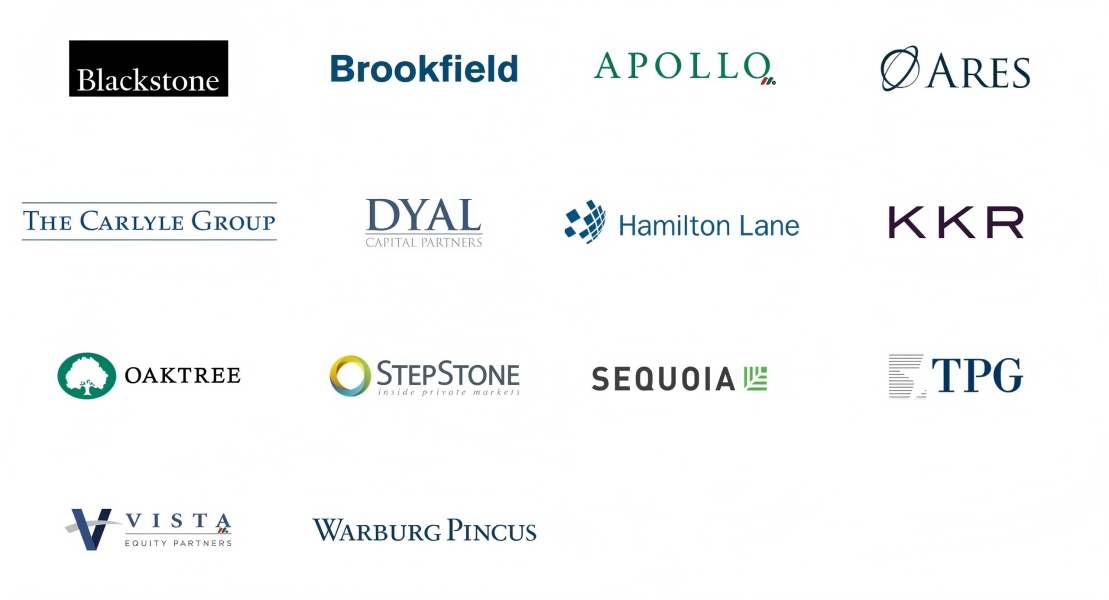
Hedge Funds
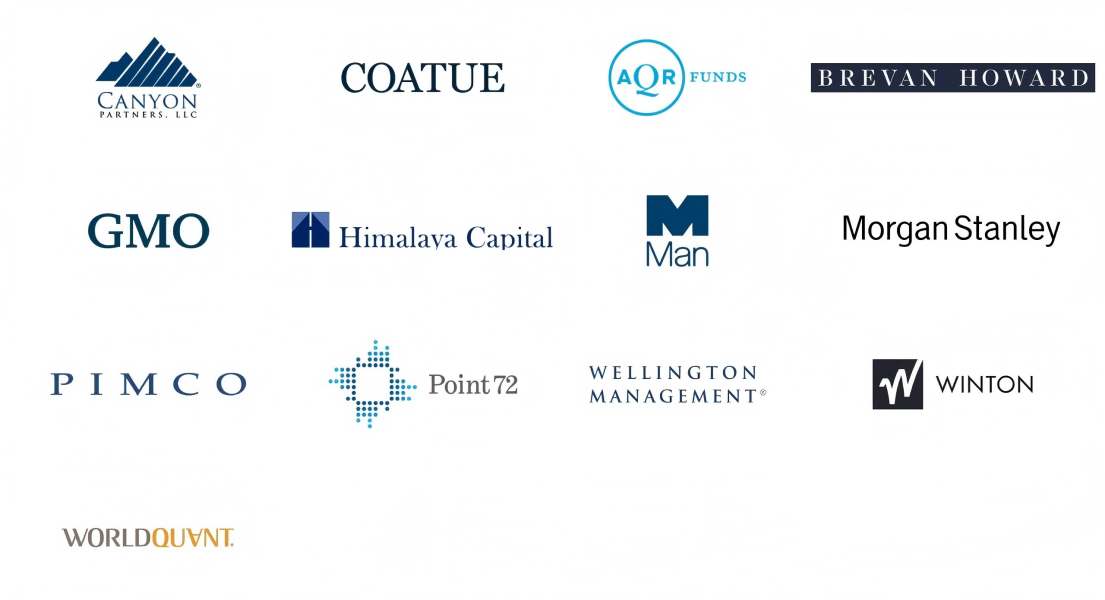
Public Funds
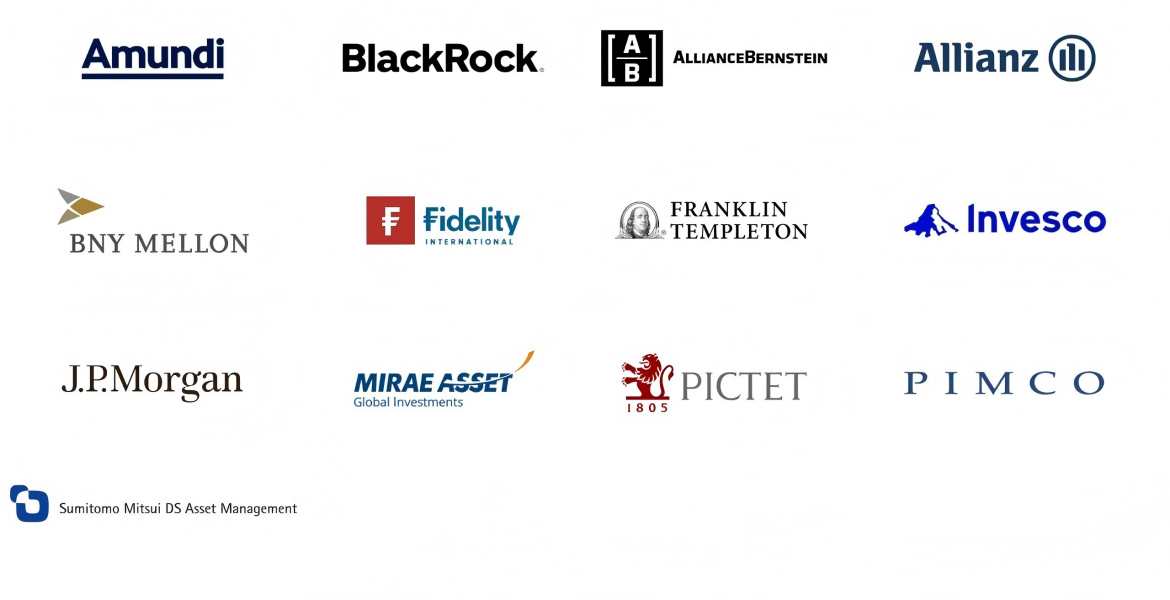
Insurance & Inheritance
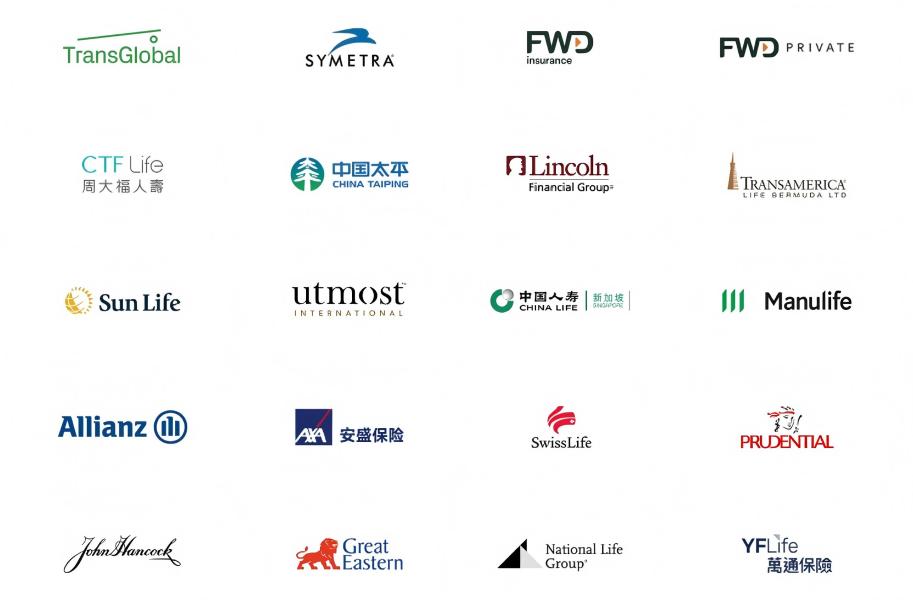
Legal, Tax & Trust
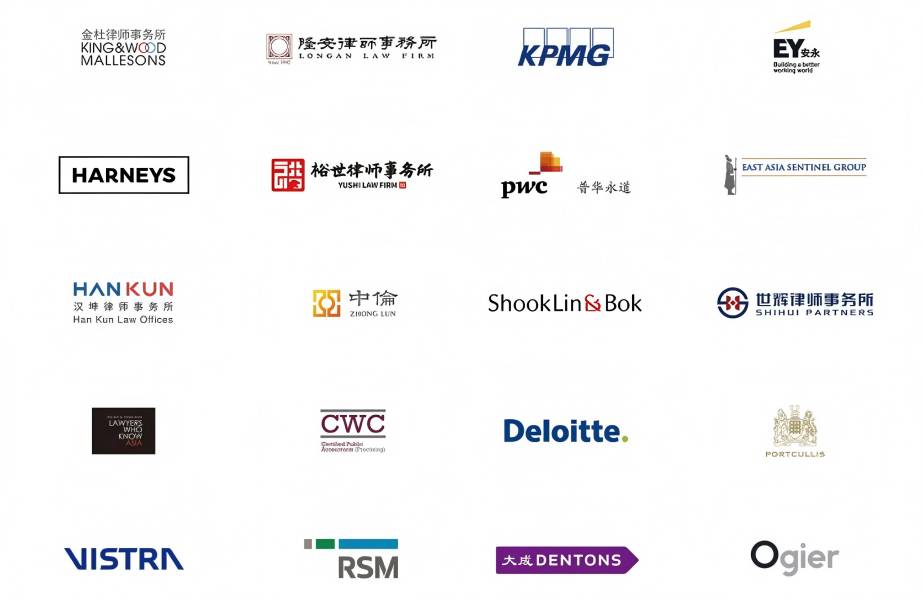
Reconvening in Hong Kong: Jointly Exploring the Answers for Capital, Our Era, and the Future
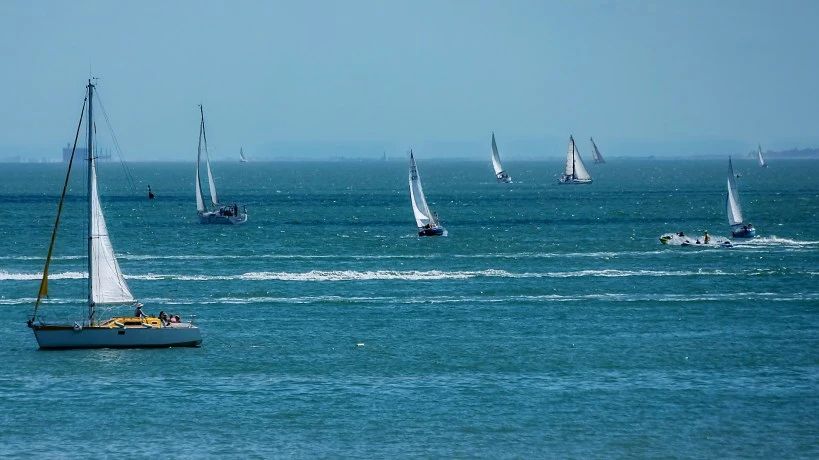
A new era is unfolding in 2025. At such a historical juncture, we need to rethink investment and allocation with a global and long-term perspective.
Forward-looking insight is not about predicting the market, but about understanding the deep logic behind global structural changes. Historical reappraisal is not about simply tracing the past, but about finding undervalued, unrealized long-term value. Dialogue with leading global managers and sharing practical case studies is about exploring risk perception and allocation philosophy from frontline insights to find the answers on how to truly act.
From September 15–17 in Hong Kong, China, the Olive 2025 Global Investor Summit looks forward to starting a deep conversation with you about the global wealth landscape and jointly exploring the answers for capital, our era, and the future.
Contact your dedicated financial advisor to reserve your exclusive seat.
Stay tuned for more on summit hot topics, including discretionary mandates, AI, stablecoins, European diversification, and Japanese real estate.










_182052358a184e65886175c58fdf921e.png)
_0f1cc69bebe24f1e9617200ffbfcb4b4.png)
